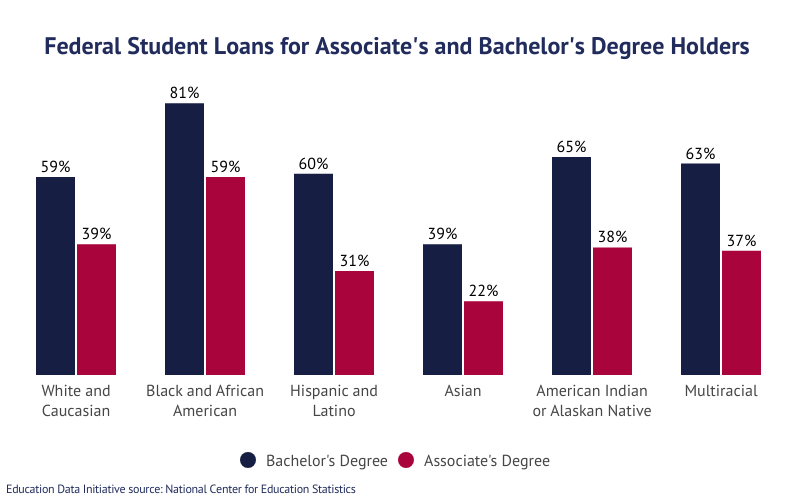This might be a long post. Also, it has been a long time since I was in school so some of the stuff mentioned later on may have changed. I feel weird putting this out there since it feels like I'm giving away free game but I feel like enough people know this so it isn't a major issue.
You have to get more black males into STEM fields and much of that is making sure they have some framework and guidance that recognizes the issues they face. As with the Yale study and other studies I've posted on this site before, black males face serious issues in regards to how teachers, including black teachers, treat them. Either homeschooling or additional tutoring with a focus on making sure these children aren't being targeted and if so, a means of dealing with that issue.
Much of what I mentioned above is in general and for kids at the K-12 grade level. Getting kids into college is part of this and dealing with the above gets them into college. You also have to provide all the different paths a child can take into college. Taking AP courses to shorten their time in college. Checking to see if their AP exam costs can be decreased due to low income status (mine were due to this - if they qualify for low income lunch meals, they can qualify for this as well). Knowing which exams you intend to take in concert with which classes you intend to take in college and how is important as well. Consider that colleges consider which credits they will accept or how they are accepted sometimes based on your major. Med schools often regard your GPA from your science classes separately from your total GPA in addition to your MCAT score. Colleges regard which outside credits (community college (often easier) and so on) based on your major. So if you take a non-science major, take non-science AP exams (you can and should take the AP science courses in high school when offered) and credits, and take your science classes in community college while taking your main non-science (often easier) classes in the main college of your choice (so, imagine it to be a major, respected college), one can come out with a decent GPA in all categories. Add in programs like JAMP, which provide a pipeline into med school, that makes it easier. Add programs like Princeton Review that allow one to prepare for the MCAT, then one has a chance of really nailing it. I can also add that knowing about winter semesters and weekend courses for unimportant class credits offered by community colleges allows one to further reduce the amount of time they spend in college and makes it easier to take classes one is truly interested in. This is one path that plays on the fact that many med schools want someone with a well rounded background and thus love themselves people with odd majors (history, theology, philosophy) applying to med school. And if one really wants a science major (in case you decide to skip out on med school, get a masters first, something to fall back on), then remixing the plan can still work out well, though it is a little harder. There are also 6 year programs which allow one to merge the college/med school experience together.
The problem is that many children are not aware of this as well as the parents. Hell, not all counselors and even teachers are aware of this as well. We need to do a better job in helping our people understand the system better. Which leads me to the next part.
There needs to be career guidance as well. We need to abandon this idea of getting out of the mud or not providing help or guidance where we can in regards to black males. I never see anyone fail to help a black female but trust and believe that energy is never there for black males. That has to stop. Some kids (and parents) don't know what is required of kids to attend medical school also so there has to be something set-up to connect black doctors with students as a means of merely providing background or advice in regards to this. While it makes sense to ask those on the committees for med schools on what is needed, they will rarely ever tell you the shortcuts so you're better off getting that info from med students or even more so, residents. There also has to be a strong emphasis on positive reinforcement. When I used to mentor kids, I made sure to highlight their strong points and encourage their weaker points. Many kids want to learn, want to be better, and we are doing a disservice to them treating them terribly. We need to do better in that regards.




 Nobody cares what you did or read last century. Stfu and let the men with actionable solutions talk it out.
Nobody cares what you did or read last century. Stfu and let the men with actionable solutions talk it out.


